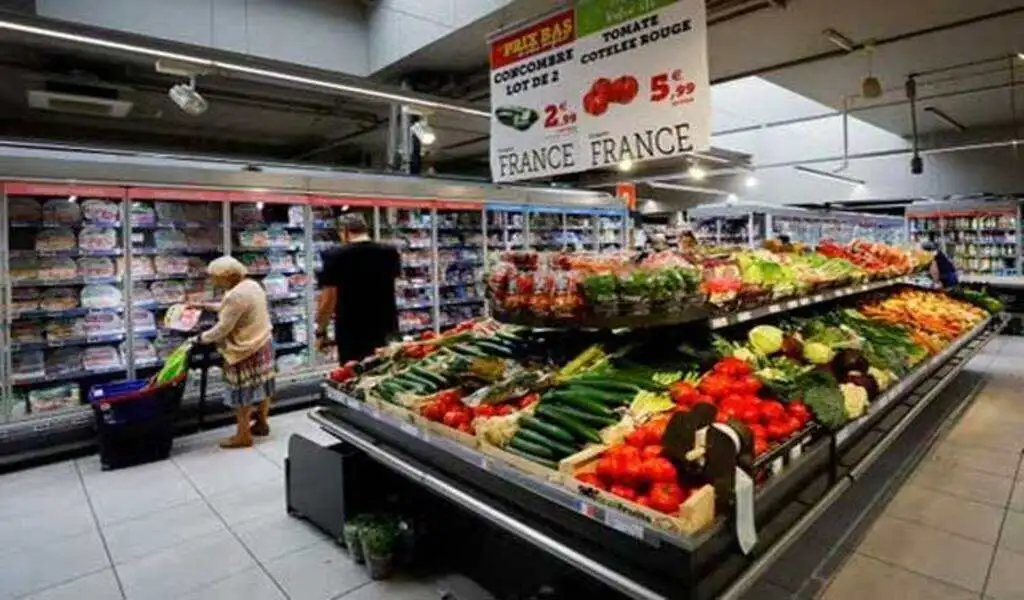(CTN News) – Eurozone inflation increased as expected last month, supporting the European Central Bank’s decision to maintain high interest rates for an extended period.
Despite expectations of a rapid decline in borrowing costs, inflation in the 20-nation bloc rose to 2.9% in December from 2.4% in November, slightly below the projected 3.0%. This rise can be attributed to technical factors such as the expiration of government subsidies and lower energy prices.
This data aligns with the ECB’s forecast that inflation reached its lowest point in November and will fluctuate between 2.5% and 3% throughout the year, surpassing its 2% target.
However, the figures suggest a potential shift in the inflation landscape, with underlying pressures possibly easing despite fluctuations caused by base and fiscal effects. The focus now shifts to the impact of wage settlements and global political tensions on prices, both of which could have long-term implications.
While wage agreements are typically finalized in the first quarter in much of the eurozone, data on their effects will not be available until May. Therefore, policymakers may need until mid-2024 to assess the situation reliably.
Predicting the influence of geopolitical tensions is more challenging. Although the conflict in Gaza has had minimal impact on energy prices so far, the recent disruption in shipping through the Suez Canal has led to increased transportation costs.
While this alone may not significantly affect prices, prolonged delays in goods reaching Europe and potential shortages could contribute to inflationary pressures.
According to UBS Wealth Management’s Paul Donovan, the impact of inflation on shipping costs is minimal, as it is the changing cost of shipping rather than the value of goods being shipped that matters. Shipping by sea globally only makes up less than 0.3% of global economic activity.
Investors and policymakers have differing views on price trends and their impact on interest rates. Investors are betting on the European Central Bank (ECB) cutting rates six times this year, starting in March or April.
However, policymakers argue that it may take until mid-2024 to be confident that inflation is under control.
Commerzbank economist Christoph Weil believes inflation is still a concern and expects the ECB to cut interest rates less than what the market expects.
The ECB’s own inflation projections have been inaccurate for years, suggesting a lack of understanding of price-setting behavior in exceptional circumstances.
Nordea economists Anders Svendsen and Tuuli Koivu disagree with the ECB’s projections and anticipate inflation to be below 1.5% by the end of summer, which is lower than the ECB’s estimates. They suggest that if inflation remains low, there is a higher risk of earlier and faster rate cuts compared to the current baseline scenario.
Investors also argue that the ECB is too optimistic about economic growth, pointing to a significant decline in producer prices as evidence of cooling price pressures. In November, producer prices dropped by 8.8%.
SEE ALSO:






